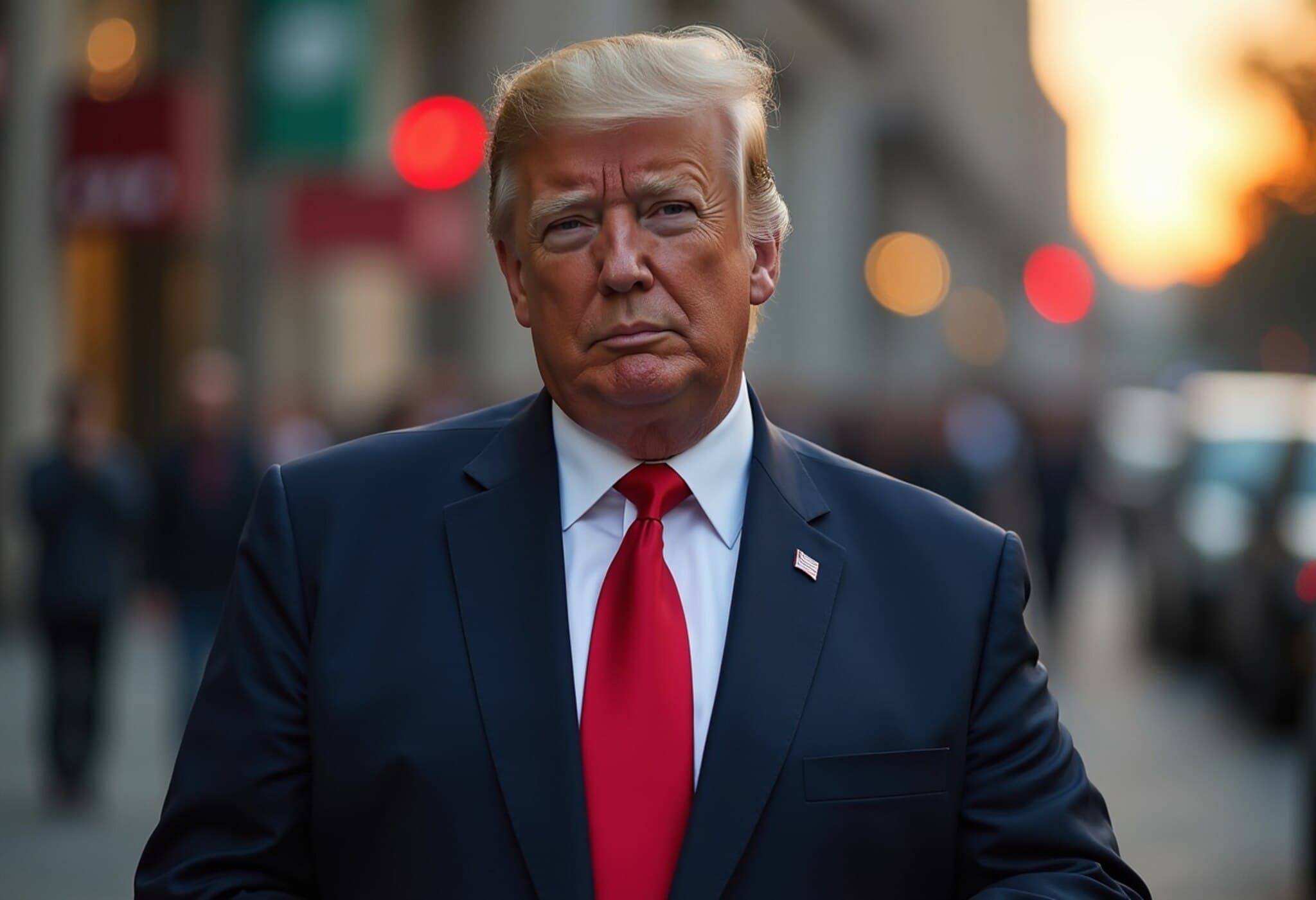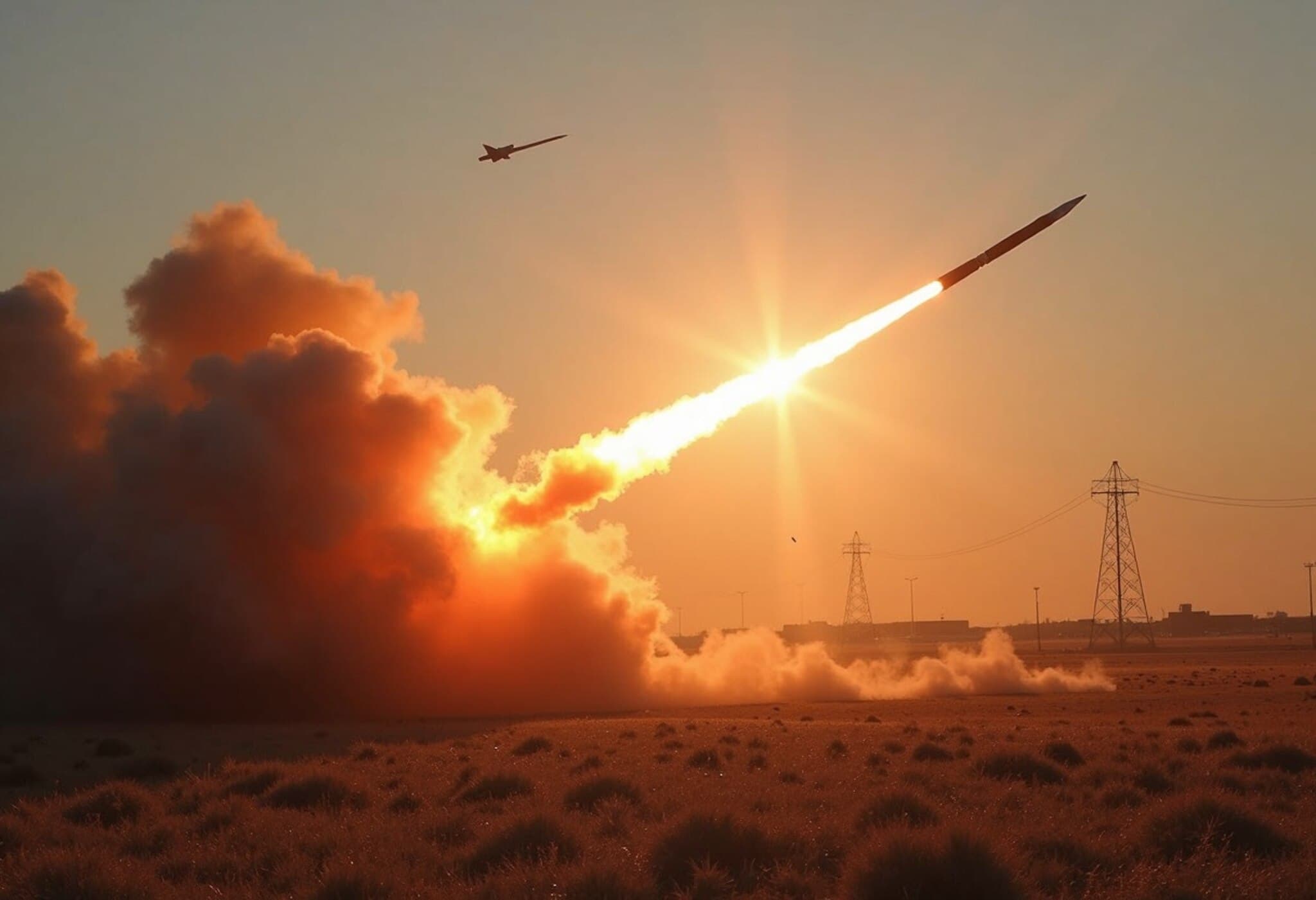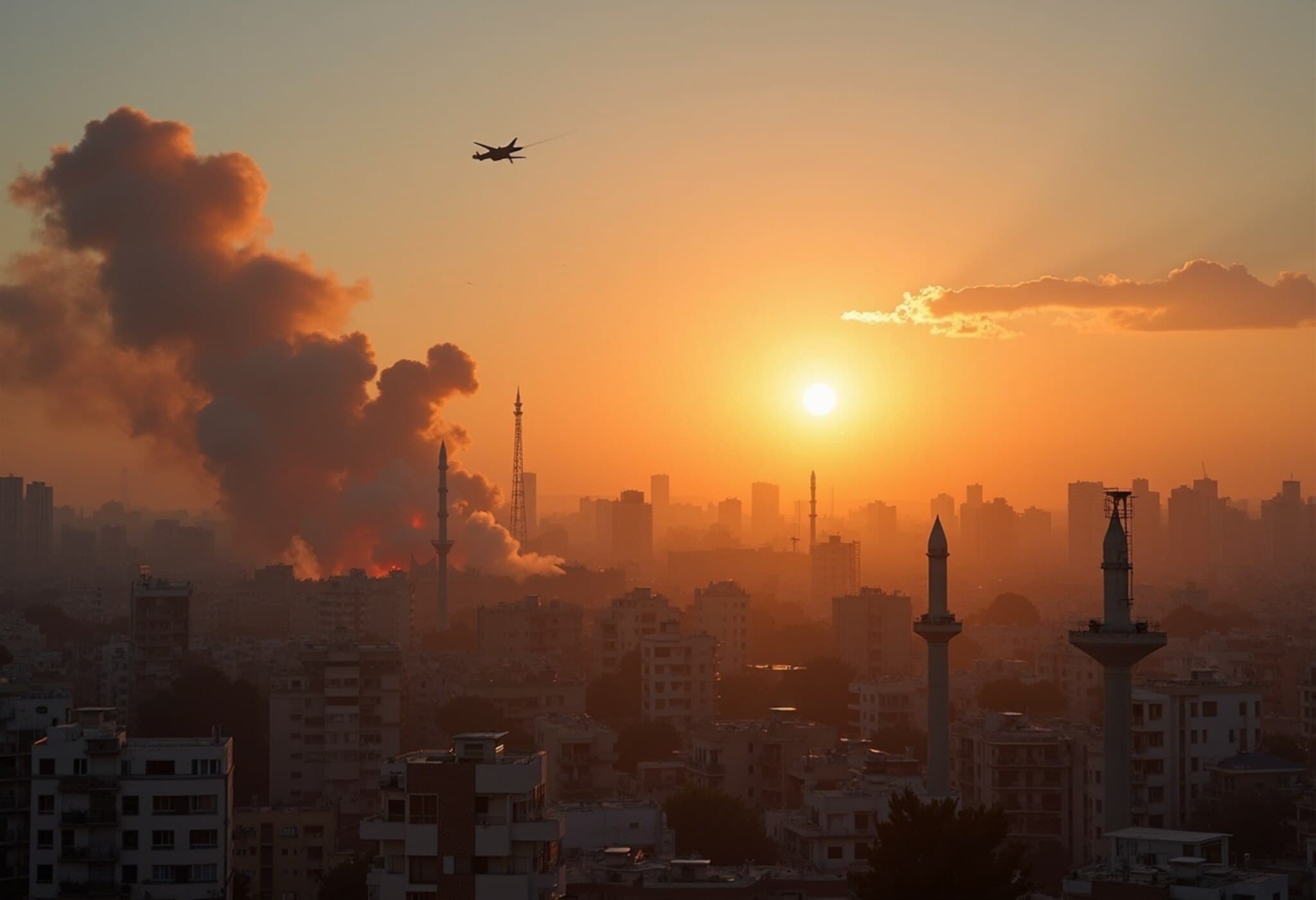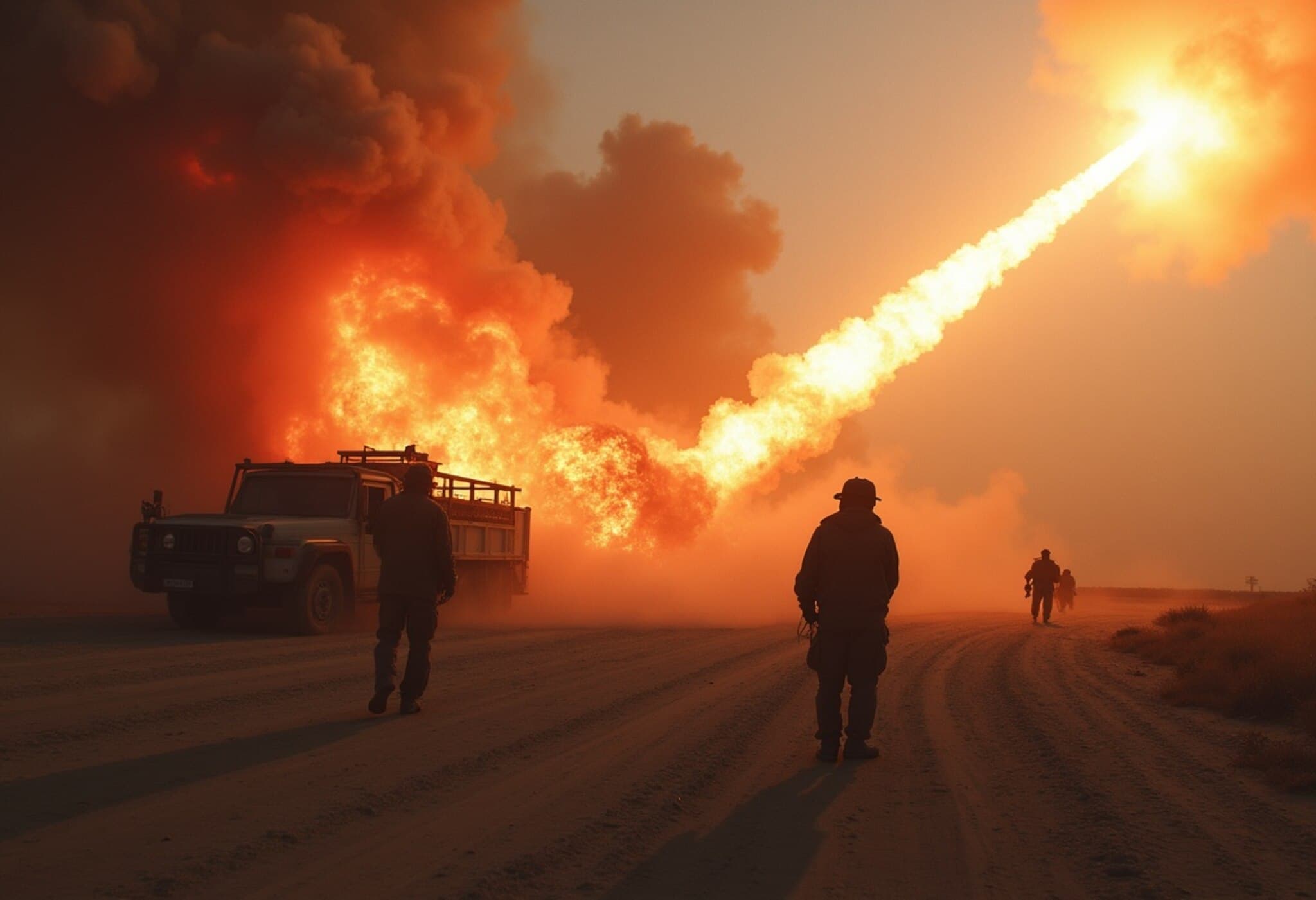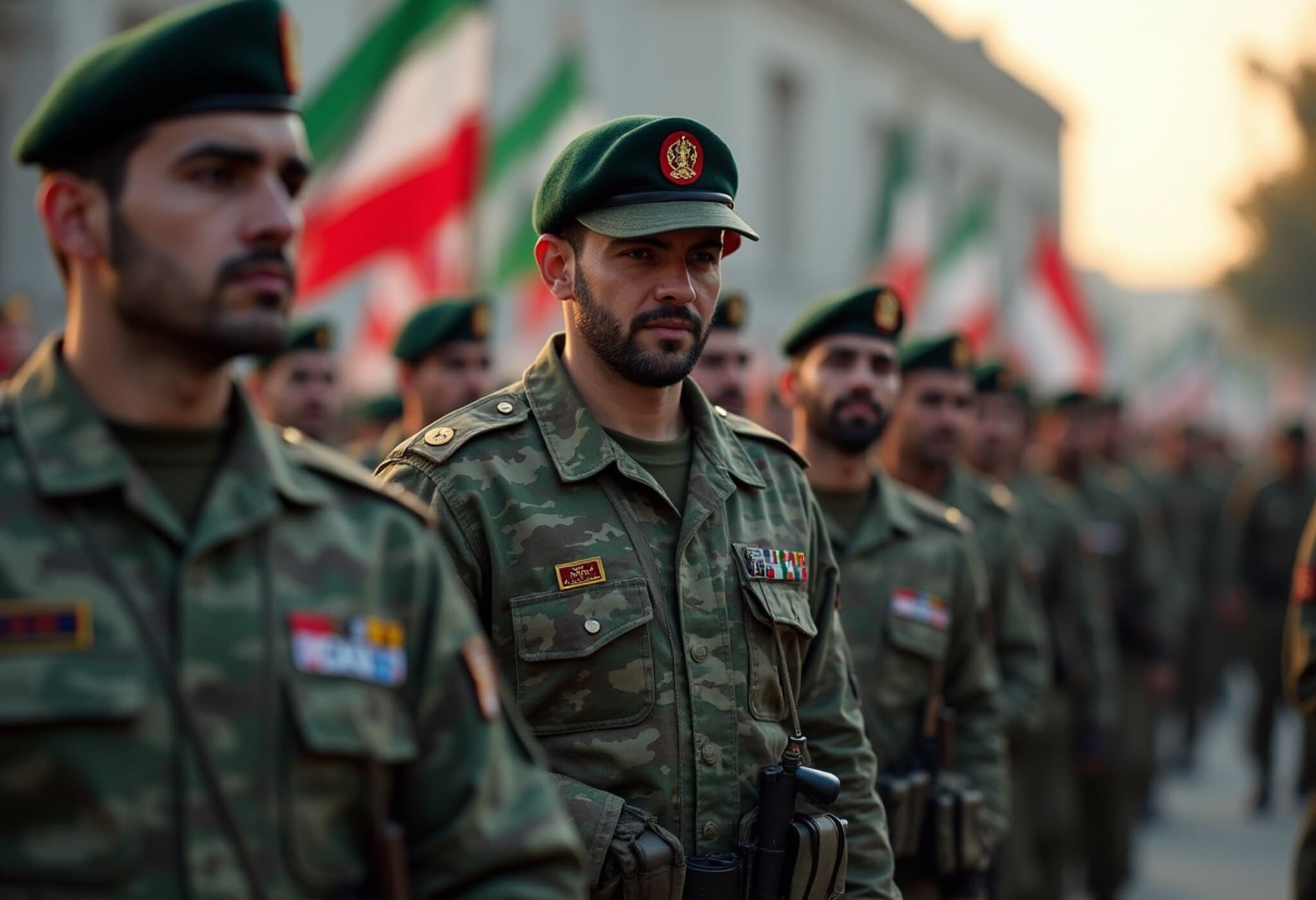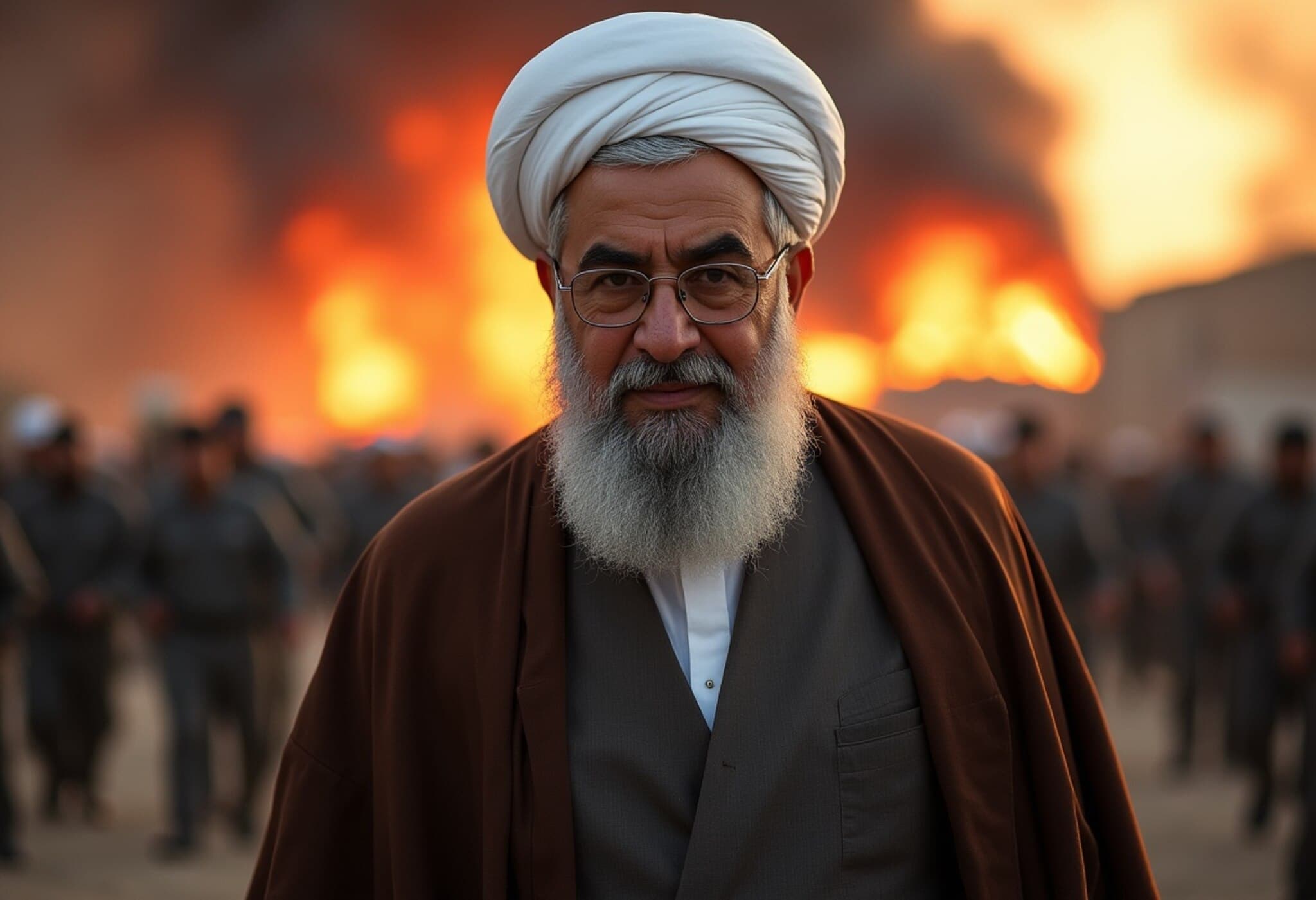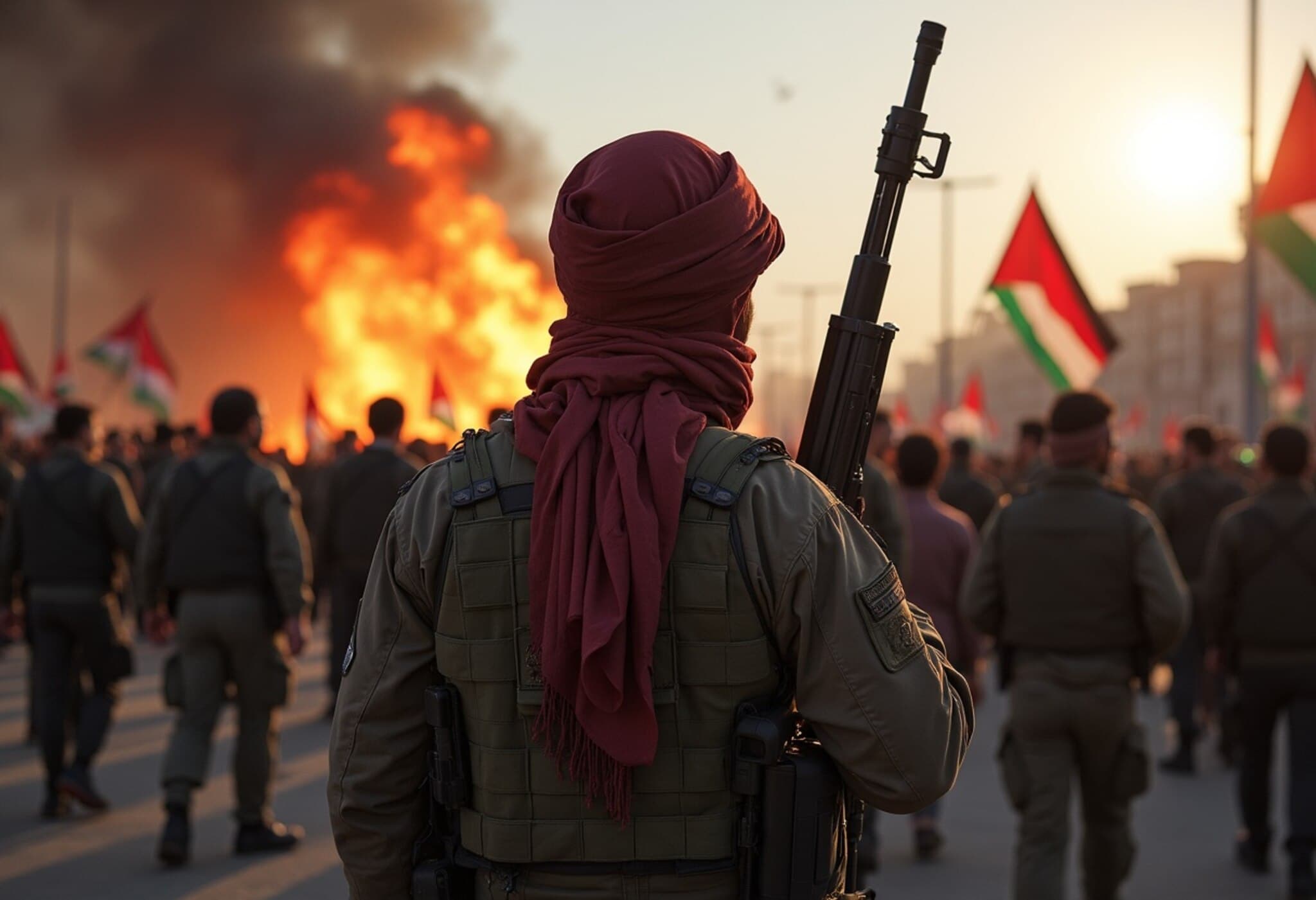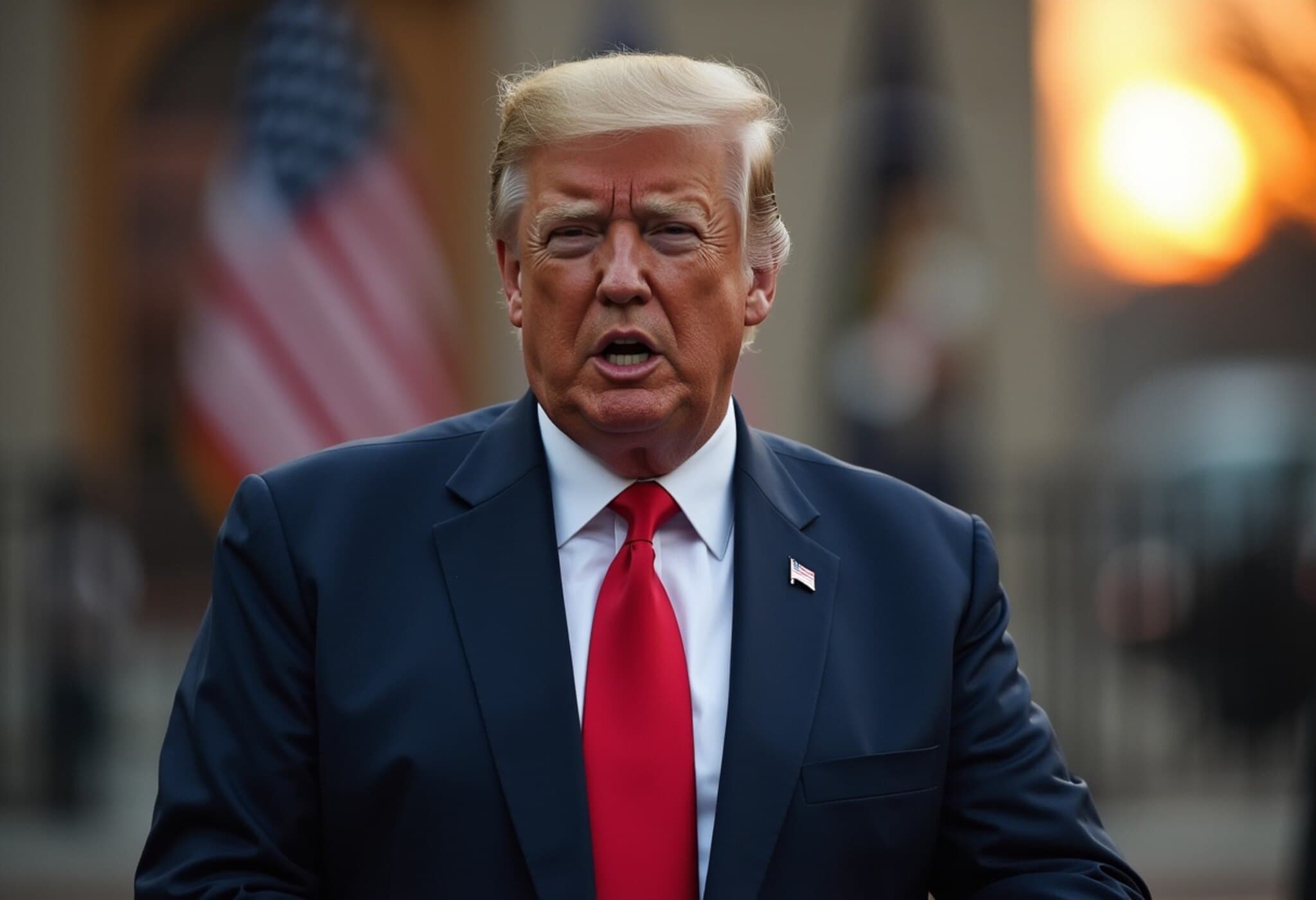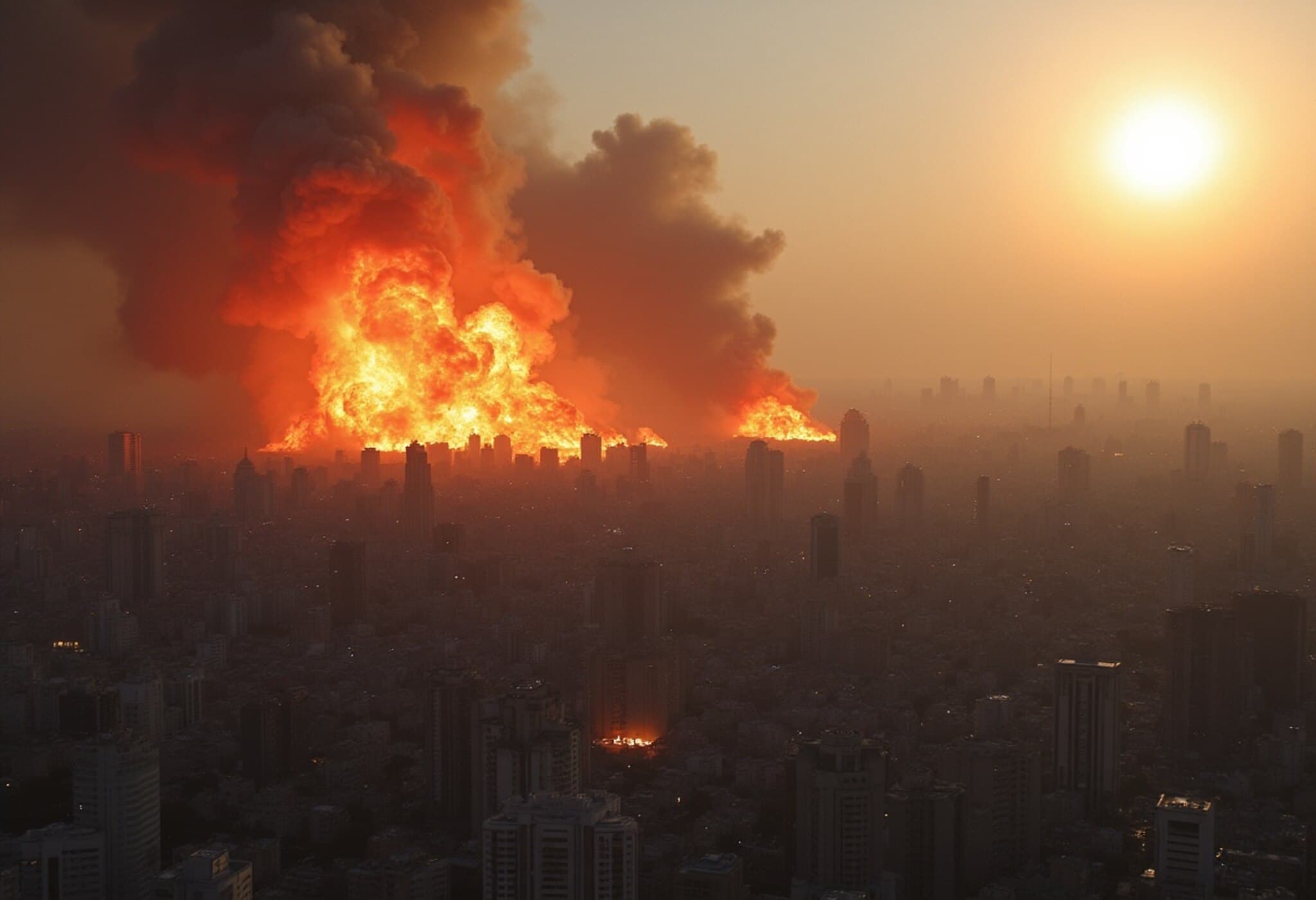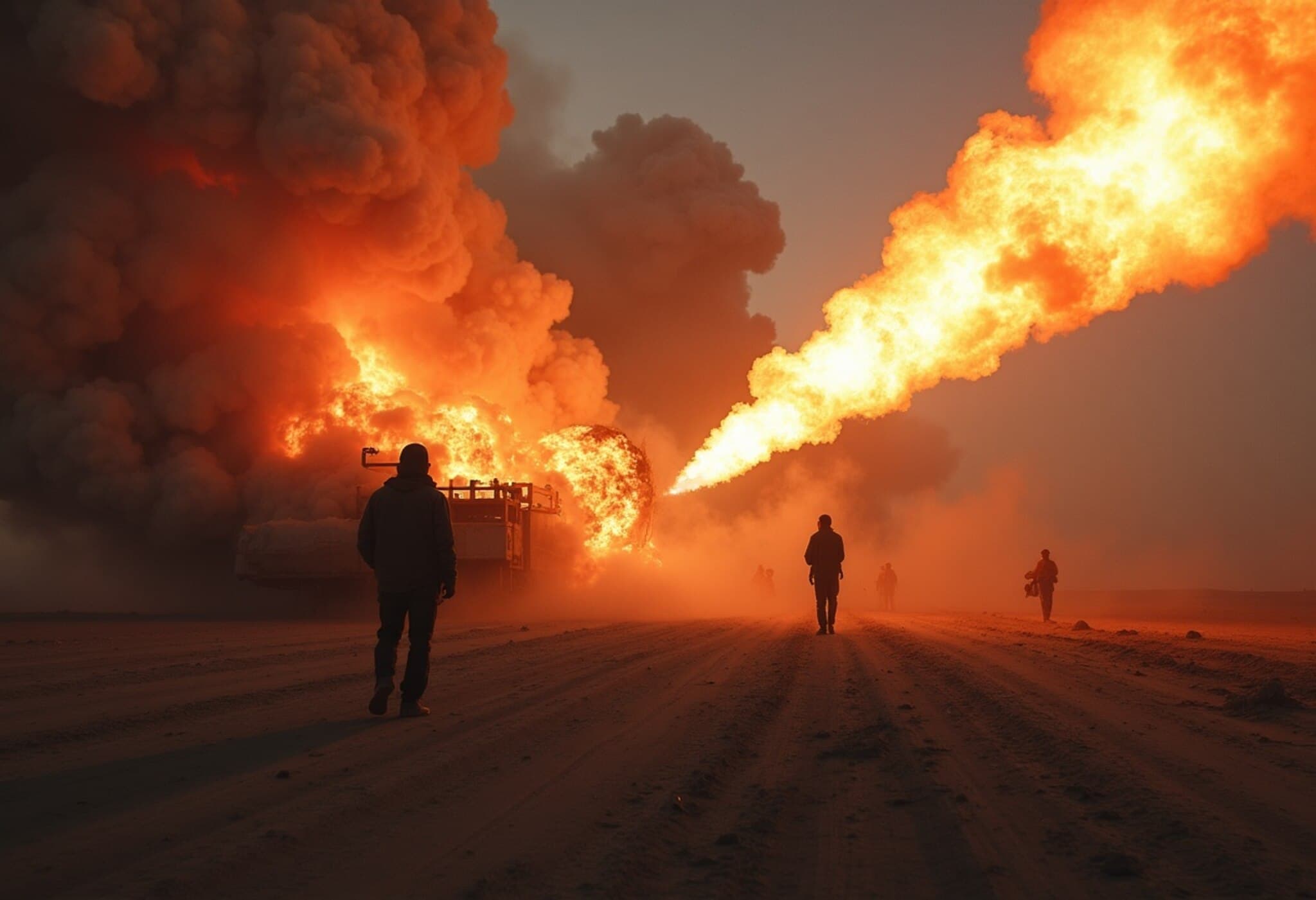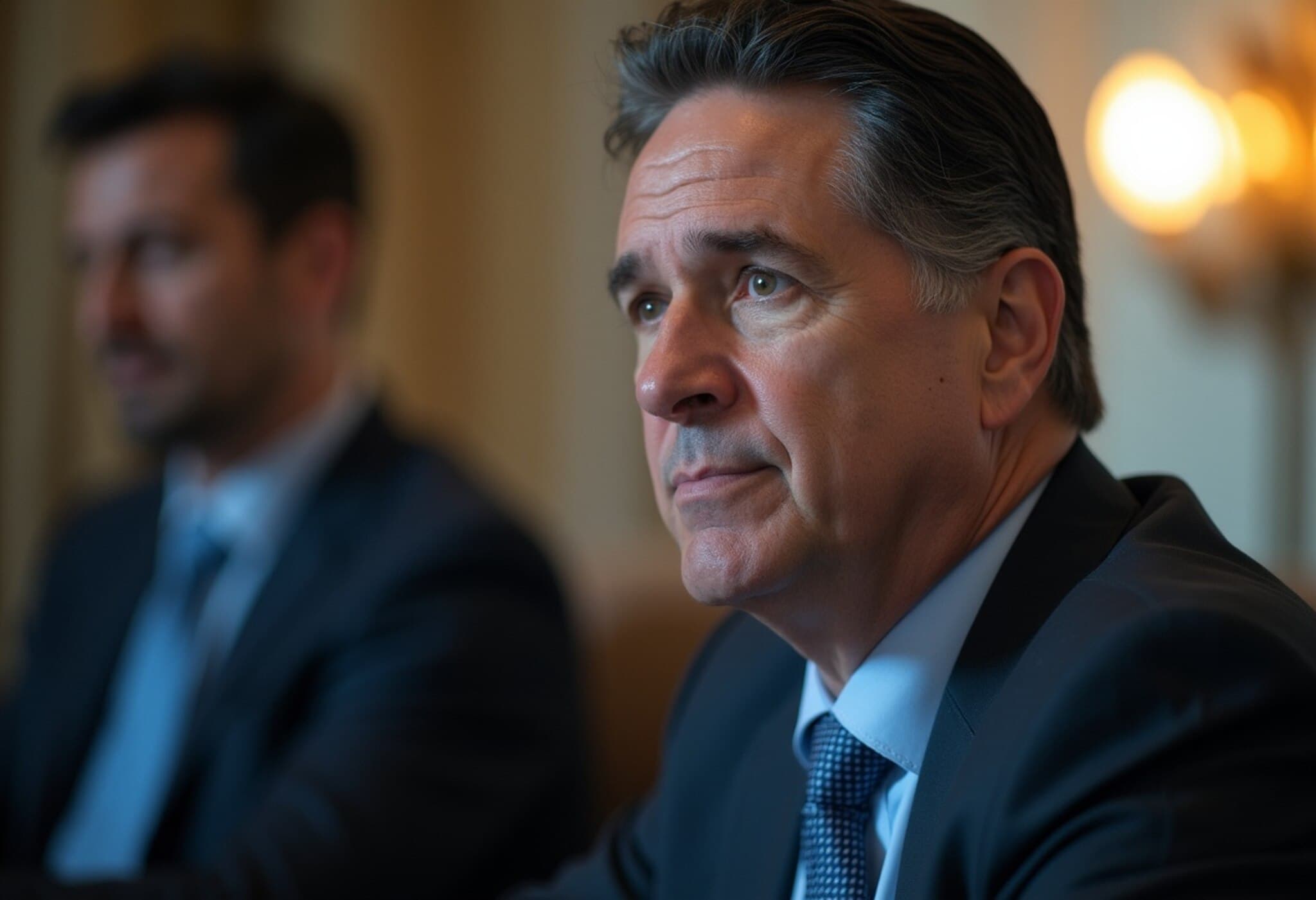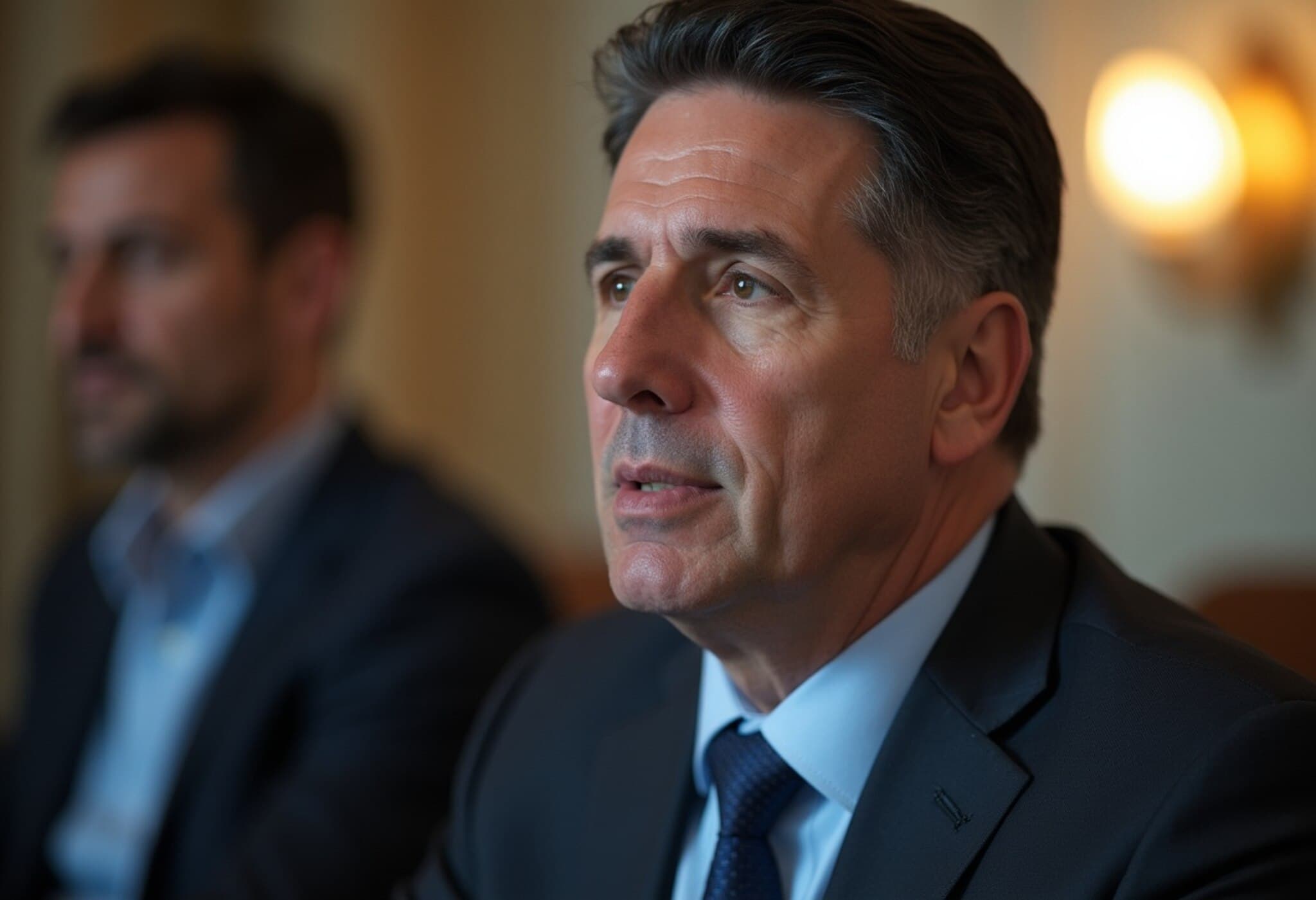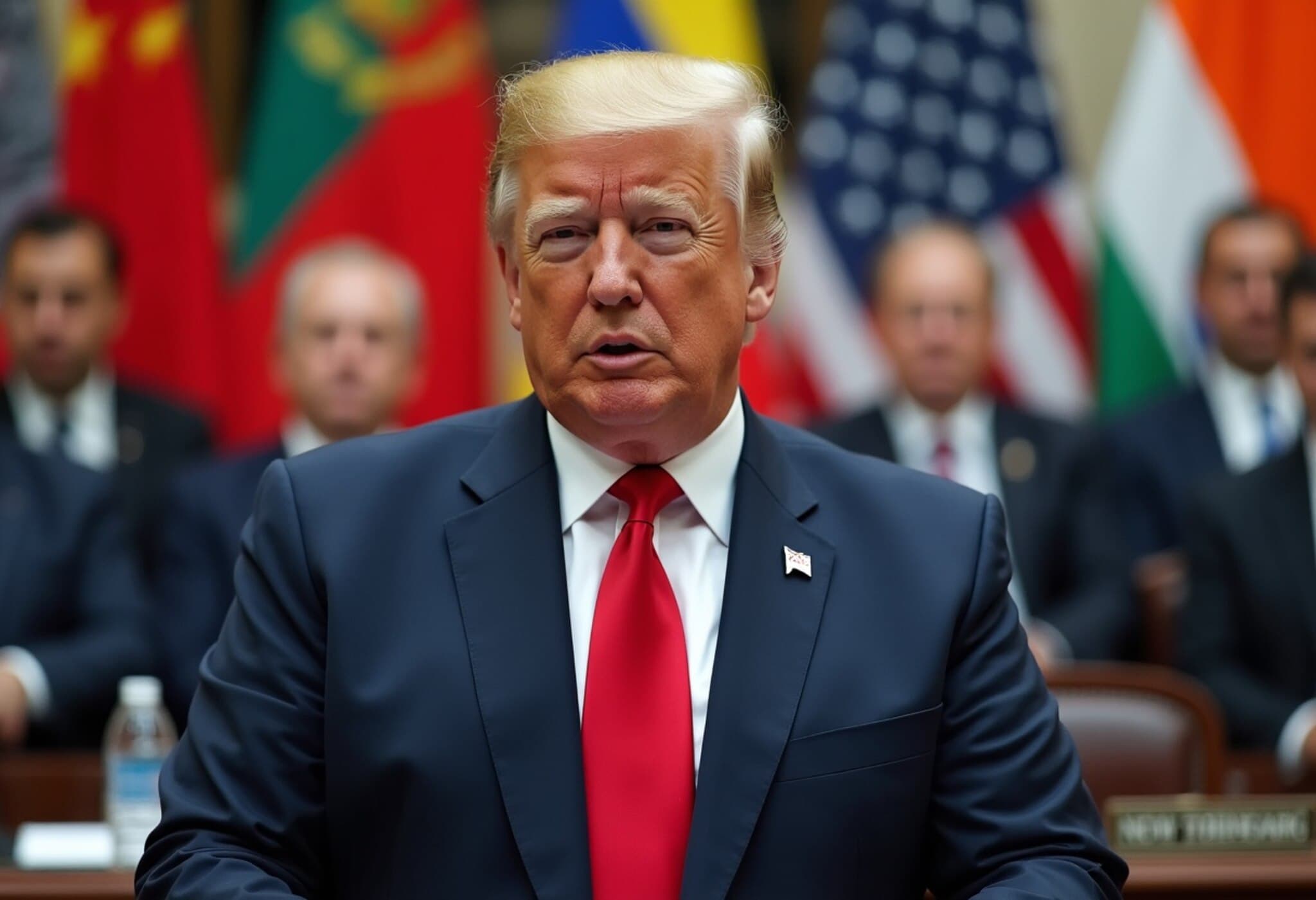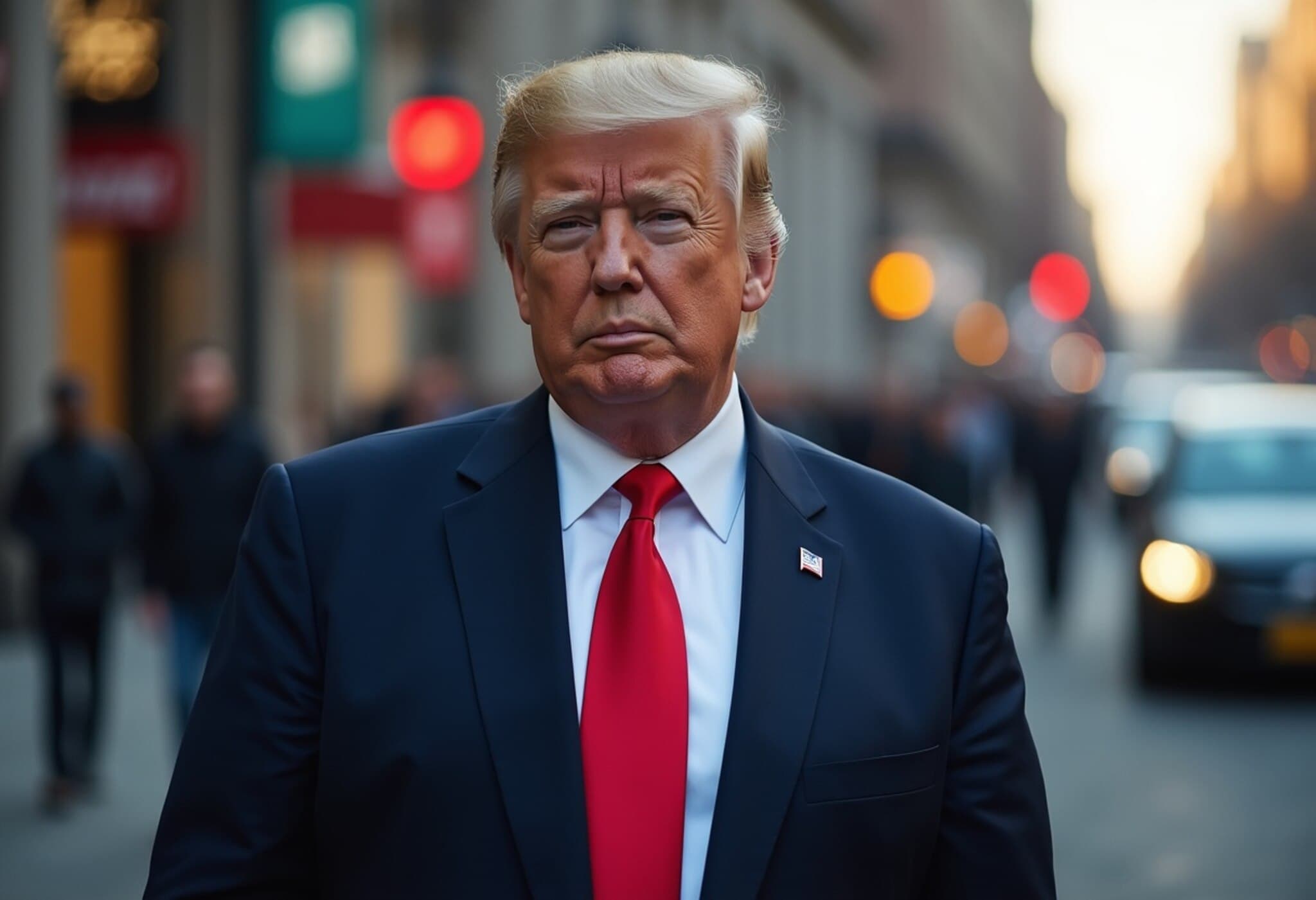Trump Signals Imminent Release of 10 Hostages in Gaza Amid Intense Diplomacy
In a significant development amid ongoing Middle East tensions, US President Donald Trump announced that 10 hostages currently held in Gaza are expected to be released very soon. Speaking during a private dinner with Republican senators on July 19, 2025, Trump expressed cautious optimism about the prospects of a 60-day ceasefire between Israel and Hamas, a move he strongly supports.
Hostage Release a Key Step in Fragile Ceasefire Negotiations
“We have already secured the release of most of the hostages. Another 10 are coming very shortly, and we hope this process wraps up quickly,” Trump stated. His comments highlight a crucial element in the tentative ceasefire plan currently under discussion. The proposal includes terms for the release of 10 living hostages and the return of the remains of 18 others held by Hamas.
In return, Israel is expected to release an undisclosed number of Palestinians detained in Israeli prisons. This reciprocal arrangement underscores the delicate balance negotiators aim to achieve amid the humanitarian crisis gripping Gaza.
Behind the Scenes: US Facilitation and International Implications
The President praised his Middle East envoy, Steve Witkoff, describing him as “fantastic” for his efforts in steering the talks. Meanwhile, intelligence reports reveal a broader geopolitical web underpinning the crisis. According to Axios, Mossad chief David Barnea visited Washington this week seeking US support for plans to relocate hundreds of thousands of Palestinians currently in Gaza to countries including Ethiopia, Indonesia, and Libya. This contentious strategy has sparked debate over long-term solutions to the region’s displacement challenges.
Trump’s Ceasefire Push Gains Momentum
Trump has been vocal on social media and in public forums about the ceasefire, claiming Israel has agreed to the “necessary conditions” to finalize a 60-day truce. Last week, Israeli Prime Minister Benjamin Netanyahu visited the White House, handing Trump a letter nominating him for the Nobel Peace Prize in recognition of his mediation efforts.
Simultaneously, Qatar continues to play a key mediator role, facilitating indirect talks between Israel and Hamas. A spokesperson from Hamas’s armed wing signaled support for an interim truce, but also warned that failure to reach a comprehensive deal could lead them to abandon negotiations and renew hostilities.
Expert Insight: The Road Ahead
While the prospect of a ceasefire brings hope for reducing immediate violence, experts caution that such arrangements often face challenges in enforcement and longevity. The hostage release is a symbolic and practical confidence-building measure, yet the broader political and humanitarian issues remain complex.
- Hostage negotiations are critical for rebuilding trust on both sides.
- Relocation plans may prove controversial and carry significant geopolitical consequences.
- US diplomatic engagement could influence regional stability but depends on sustained international cooperation.
As the situation develops, observers are watching closely whether this ceasefire can hold and pave the way towards a lasting resolution or simply serve as a temporary pause in an ongoing conflict.
Editor’s Note
President Trump’s announcement marks a hopeful chapter in a conflict marked by prolonged hardships and humanitarian crises. However, the intertwined issues of hostage release, prisoner exchanges, and potential relocation of Palestinian populations pose intricate challenges that extend beyond immediate peace efforts. The coming weeks will be critical in determining whether diplomatic breakthroughs translate into tangible peace or merely delay further confrontations. Readers should consider the broader implications of ceasefire negotiations on regional security and the lives of those directly affected in Gaza and Israel.

